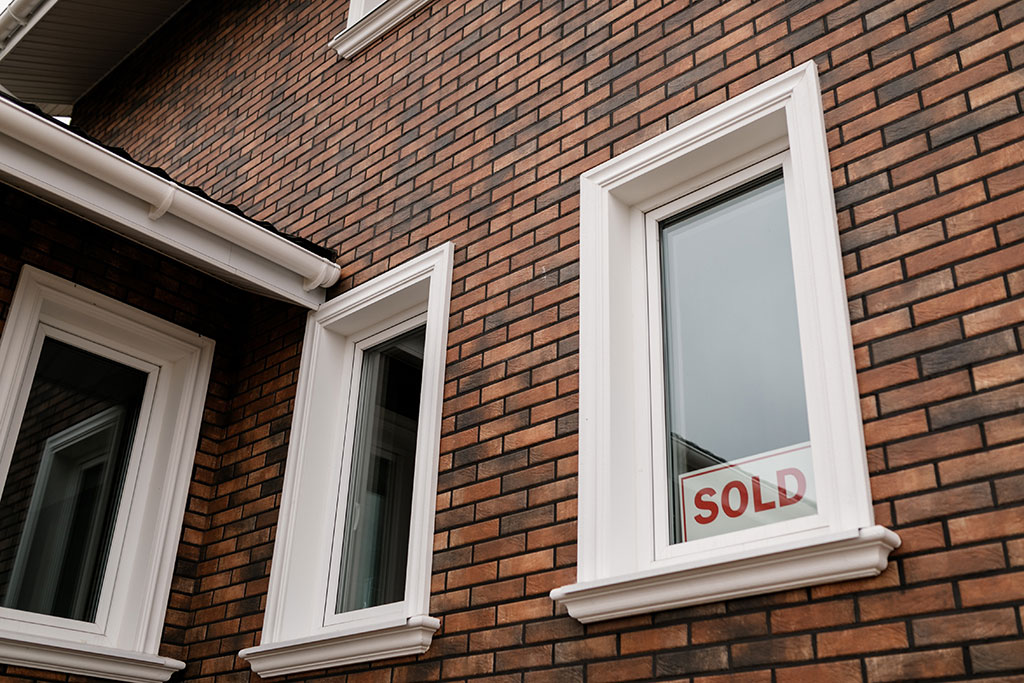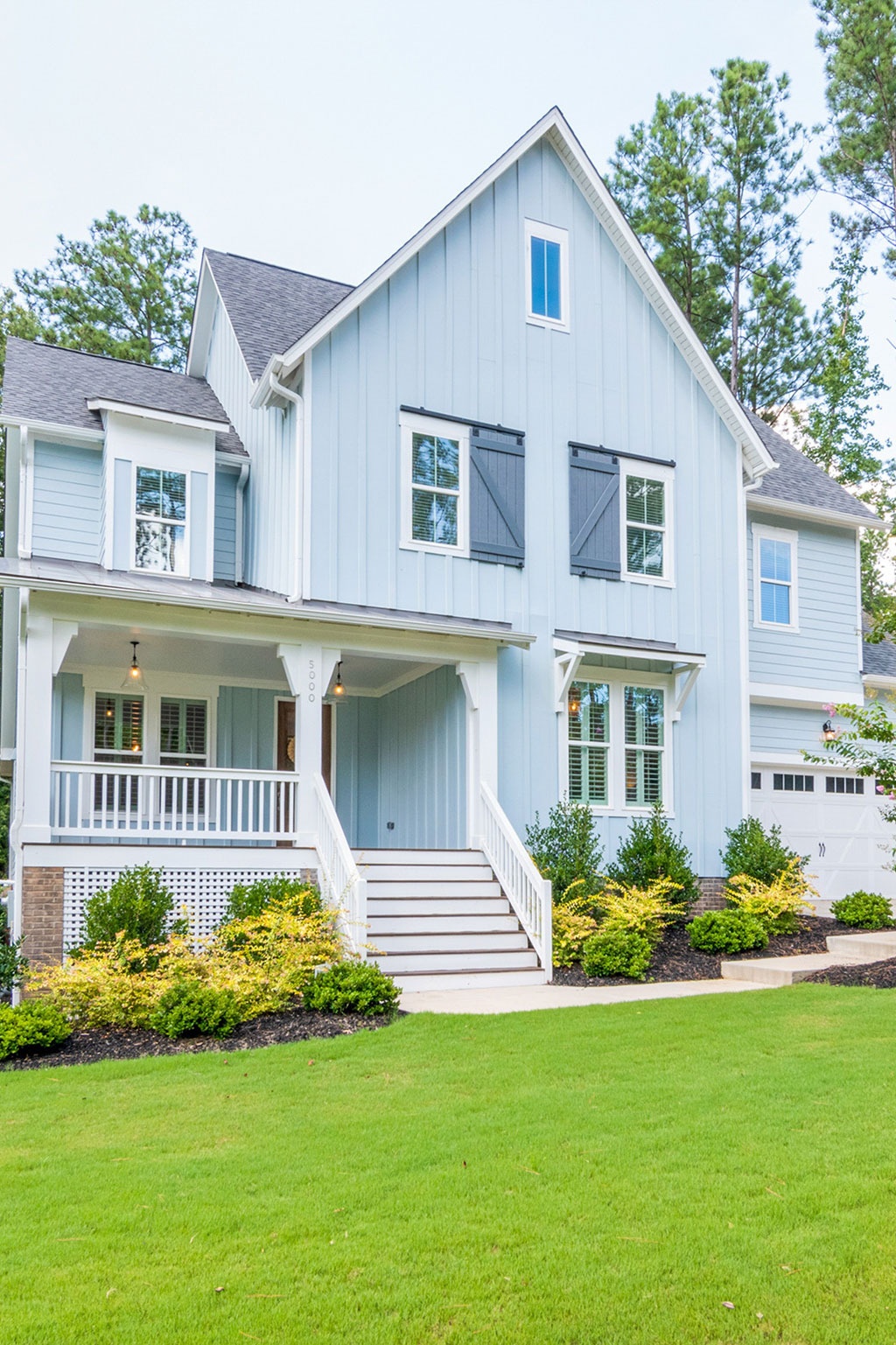Is Buying a Home a Good Investment?
A house is more than just a place to call home; it’s also a means of establishing a stable and potentially lucrative investment.
Despite being a major financial commitment, many Americans continue to view homeownership as a path to accumulating wealth since building equity can help provide financial security and stability. And long-term trends and patterns in the housing market prove this largely true—homes typically appreciate in value over time, even when adjusting for inflation.
However, while buying a house can generally be considered a good investment, the decision to do so is contingent upon several factors, such as location, your current financial circumstances, and the timing. Consider the following factors to determine whether it’s the right time for you and how to get the most out of your purchase.

Appreciation
As the years go by, your home will likely increase exponentially in value. According to a 2023 report by Rocket Homes, property owners who have had their homes for one to three years have already experienced a 16.3 percent increase—and that number jumps to 46.6 percent for homeowners of seven to ten years. There are many things that can influence a home’s appreciation. For instance, a smaller home may have less value itself, but if it’s in a well-kept neighborhood in a great school district, it is much more likely to appreciate quickly than the best home in a rundown neighborhood near a busy highway. This potential for a substantial increase in value underscores the long-term (and even short-term) financial benefits of investing in homeownership, offering a promising path toward building wealth and securing your financial future.
Break-even point
When evaluating whether buying a home is a good investment, you should consider all the various expenses, especially as they relate to your break-even point—the time at which you could sell your property and recoup the money you invested in it, for closing costs, home improvements, maintenance, and repairs. Generally, you’ll need to stay for six to eight years to hit your break-even point; if you plan to move in three years or less, you likely won’t reach it, making buying the home a poor investment. However, staying for five to seven years may likely be long enough to make it worthwhile.

Equity
Every month when you make your mortgage payment, a portion goes toward paying down your loan’s principal. This gradual process is how you accumulate home equity—the difference between your home’s value and your outstanding mortgage. For example, if your home has a market value of $350,000 and your remaining mortgage balance is $200,000, your equity is $150,000. Keep in mind that homeownership is a long game, so the longer you stay, the greater the benefits will be.
Other financial benefits
Tax benefits
Homeownership allows you to deduct various taxes and interest payments on your property. These tax advantages are permitted providing that you itemize your tax returns and use the home as your primary residence.
Leverage equity
A home can be a powerful financial tool because lenders regard it as valuable collateral. You can use your equity to finance your goals, opening a range of possibilities to obtain cost-effective financing for various endeavors such as launching a business, renovating your residence, or acquiring additional properties for rental income or investment purposes.
Save on rent
Even though you can never get back the money you paid in rent, you can counter that loss by building equity through homeownership. When you own your home, you can make decisions as you see fit and actively take steps to boost your property’s value by renovating, installing upgrades, or even making improvements to your home’s exterior.
Looking at the big picture, it’s easy to see how real estate is a wise investment for your future. And the longer you stay in your home, the more equity you will build.


















